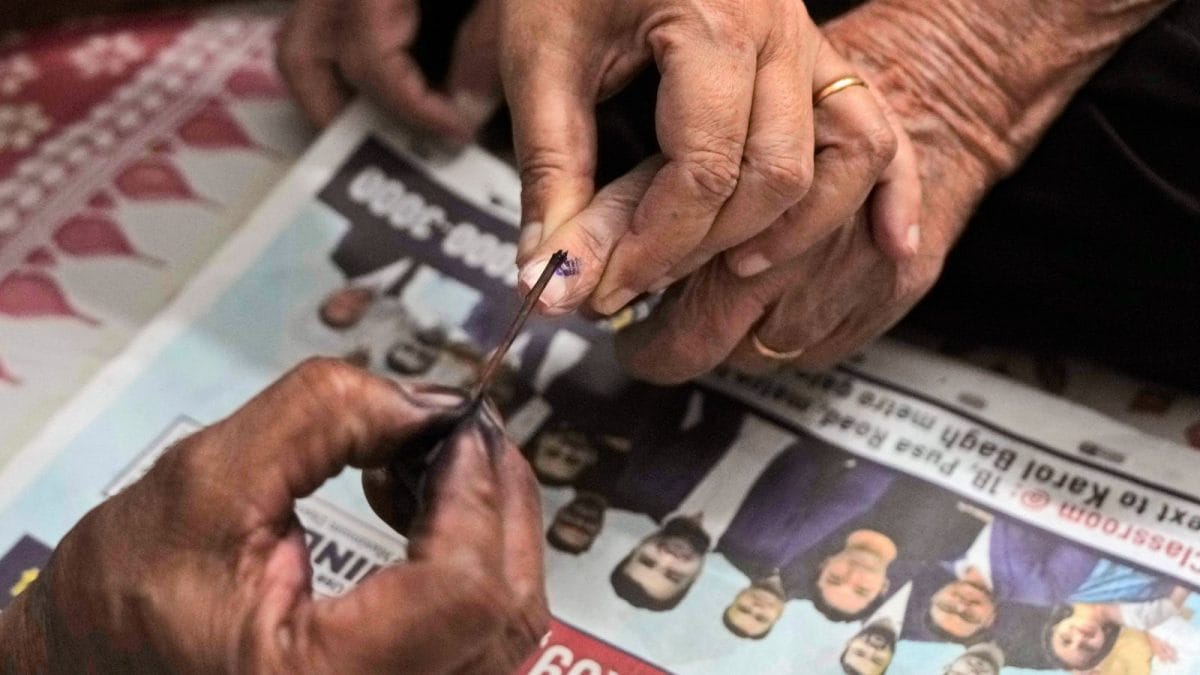Making a call to Kerala to guard its syncretic culture developed through several struggles, senior Communist Party of India (Marxist) leader Brinda Karat said that the State should show the way in the high-stakes fight to protect equality and secularism in the country. She was delivering a keynote address on ‘Cultural politics in contemporary India’ as part of the inauguration of centenary celebrations of Marxist ideologue P. Govinda Pillai here on Friday (August 8, 2025).
She spoke at length on how neoliberalism wants to homogenise identities and depoliticise society, while the Rashtriya Swayamsevak Sangh (RSS) is promoting a culture which homogenises religious belief itself, by basing people’s identity on the hatred of another.
“The whole concept of citizenship is often marketised to reduce a citizen to his or her identity as a consumer. If I can relate to the market I am recognised. If I am poor or migrant worker or belonging to the labouring classes, my citizenship is airbrushed by the needs of the market. This aspect of neoliberal culture which promotes individualism, greed and depoliticises society masquerades as aspirational India. In a country beset by poverty, inequality, unemployment and by the worst kind of caste and patriarchal atrocities, what does aspirational mean? In an unequal society, aspiration leads to frustration and to ills like drug addiction and to the spread of cultures which deaden the mind and deaden reactions to social inequalities,” she said.
Cultural nationalism
Ms. Karat said that the RSS and its outfits, backed by the State, through its promotion of cultural nationalism is linking a specific religion as the core of identity.
“Those in power today want to bulldoze the multiple dimensions of culture and pluralistic Hindu beliefs into a homogenous culture the basis of which are some chosen religion texts. Why are they silent on those verses of the Manusmriti which promote casteism and subordination of women while pushing it as a foundational text? We have to boldly confront this because it is against the people of this country,” she said.
Speaking of her experience of meeting the two nuns from Kerala who were jailed in BJP-ruled Chhattisgarh after being attacked by Bajrang Dal, she said that the Dal represents the militant arm of the culture pushed by the RSS.
“The word termite also represents a culture. Muslims were called termites by the Home Minister of India. When I met Sister Preeti Mary in the Durg central jail, the only time she cried was when she said ‘they called me a termite... Me, who has worked in the depressed and exploited areas where nobody goes to help for those who are leprosy inflicted’,” she said.
Earlier, inaugurating the event, Chief Minister Pinarayi Vijayan spoke on the many hats that P. Govinda Pillai wore, touching all spheres of intellectual and political life, from that of a Marxist thinker, writer and orator to an MLA in the first Kerala Assembly headed by EMS, as editor of Deshabhimani, as a writer of biographies, as the head of the Kerala State Film Development Corporation and as a cultural and media critic. He said that PG was an organic intellectual who stayed committed to the Marxist party even when he faced organisational action.
“In the context of the Sangh Parivar’s increasing attacks on secularism and attempts at rewriting history, it is important to take forward the legacy of PG,” he said. The State government has allocated land in Mettukada in the capital to set up a PG Study and research centre as well as a library, which will house his private collection of over 25,000 books for the public to refer.



.png)
.png)
.png)
















 3 hours ago
4
3 hours ago
4










 English (US) ·
English (US) ·